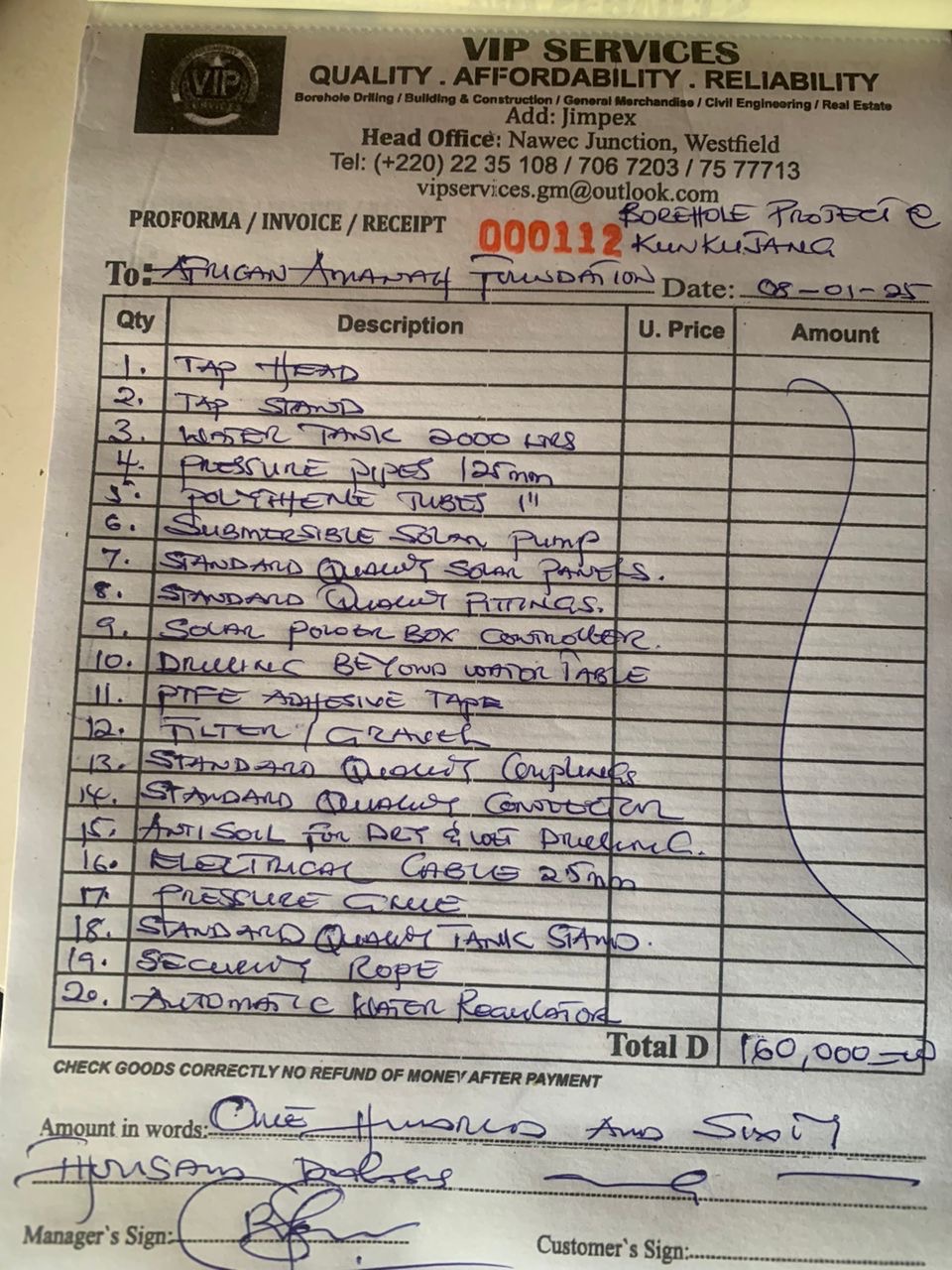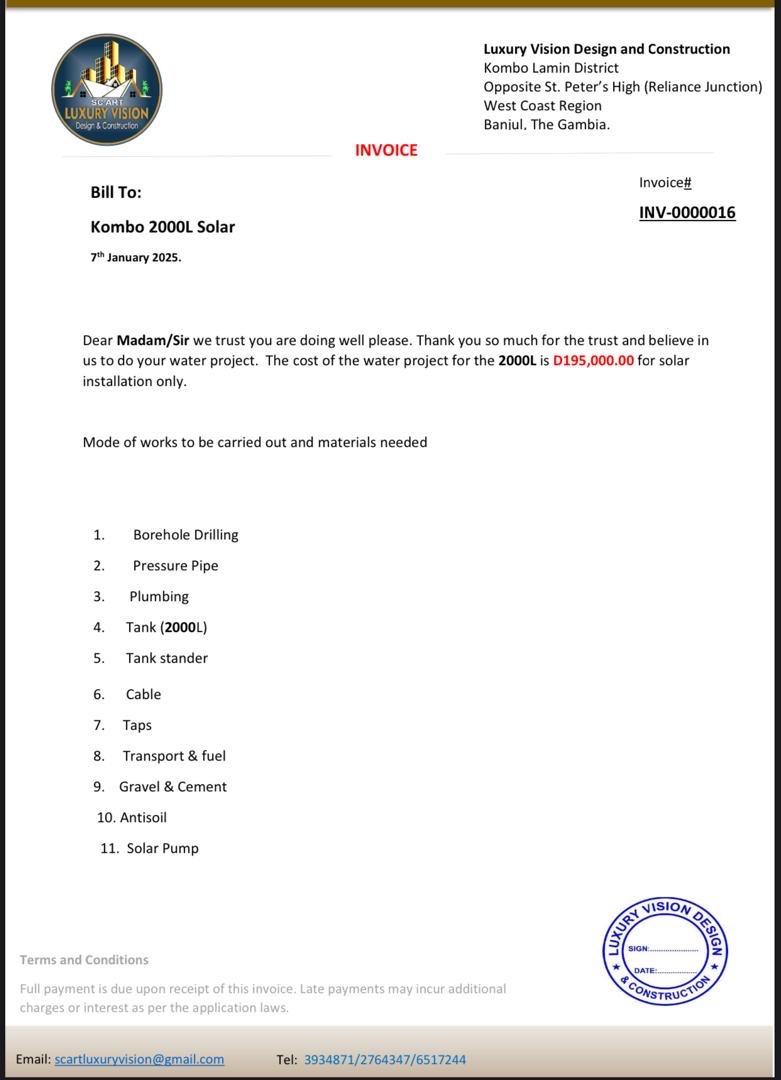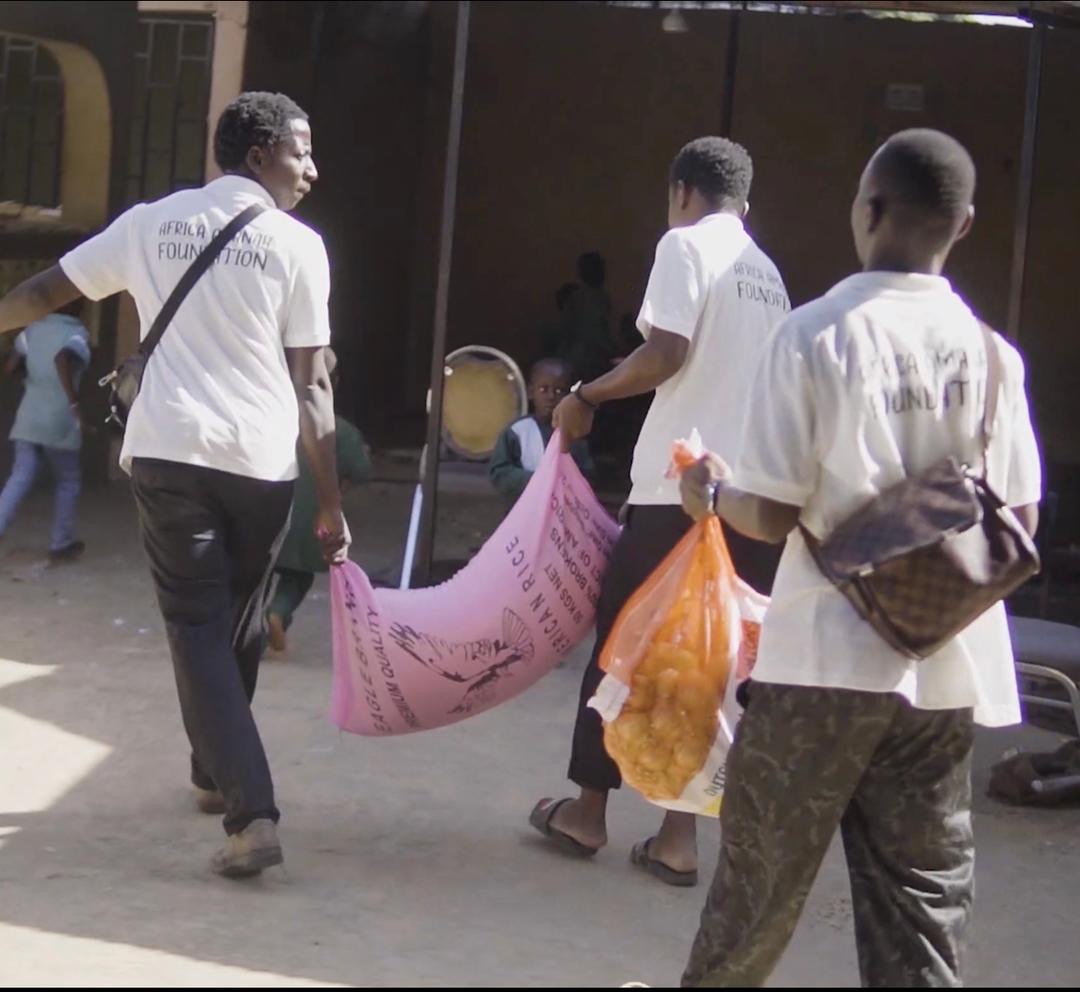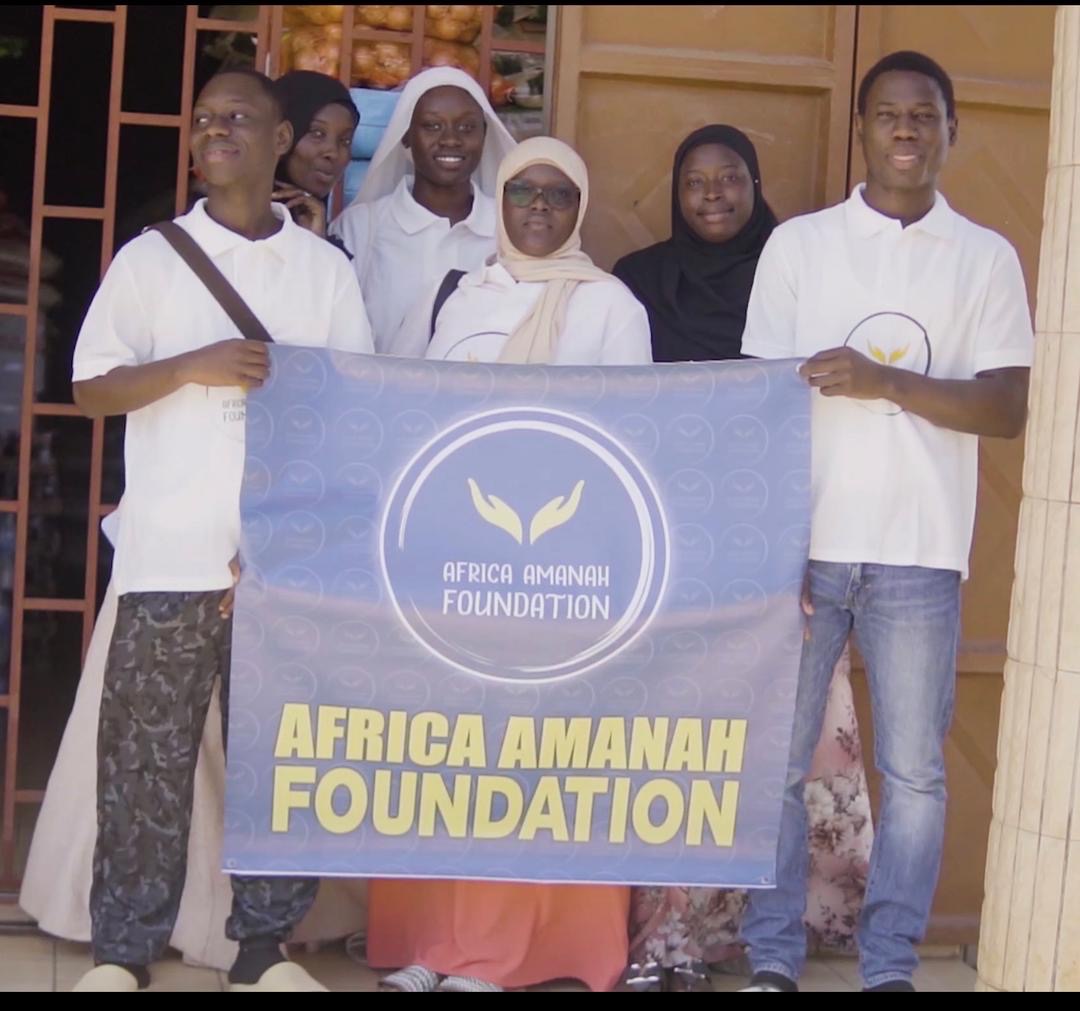#Context#
The Gambia has a tropical Savannah climate, with two distinct seasons: a dry season (November to May) and a rainy season (June to October). Decreasing rainfall in The Gambia has led to severe droughts during the last 3 decades of the 21st century recording as much as a 30% reduction in rainfall totals. The length of the rainy season has also been decreasing with increasing variability in inter-annual rainfall.
70% percent of Gambians are directly or indirectly involved in agriculture, out of that 70%, 98% percent depend on rainfall for the source of water. The long-term trend in the Gambia is toward more drought and greater rainfall variability necessitating the need for more wells to provide continuous flow of water for the communities and the livestock these communities depend on. 74% of the inhabitants in rural areas are below the poverty line. Farmers and agricultural workers, especially women and young people, form a large part of the poor and extremely poor.
#Problem Statement#
Rural communities in the Gambia have struggled with unsafe sources of clean drinking water as stream water is contaminated with bacteria and parasites resulting in waterborne diseases such as diarrhoea, cholera and typhoid. These waters are further contaminated with excess sulfate and nitrate run off from fertilisers usage. Most at risk are school children who drink the water unaware of the dangers and the elderly who are unable to walk long distances to source fresh water. Consequently, this has led to preventable deaths in some rural communities due to a lack of access to medical centres.
As a result of drought in the Gambia in the past 20 years, many drought-affected households employ coping mechanisms such as selling their livestock, personal properties, and selling firewood on the roadsides chopped from protected forests to make ends meet. All of these short term measures exacerbate the longer term problem of food security and bio-diversity reduction.
#Case Study#
On January 7th 2025, a team from the Africa Amanah Foundation visited Makkah Keur Omar Maneh, a remote village located in the North Bank Region. The village comprises approximately 58 household with a total population of exceeding 500 residents. It is situated 5 kilometres from the nearest highway making access to essential medical services challenging.
During our visit, we met the head of the village and the local Religious Leader, who emphasised the dire need of the community regarding access to clean water and food supplies.
Access to clean Water:
The community lacks boreholes for safe and reliable access to clean water. The current well shown in the video is very old and has not been adequately maintained for the growing population. The absence of this essential resources forces villagers to walk long distance to fetch water, which is often unsafe for consumption. The current situation poses significant health risk, including waterborne diseases.
Food supply:
The village is currently facing acute food shortages. The majority of the households struggle for adequate daily nutritious meals. This particularly is concerning as it directly affects the health and well-being of the population. Having a consistent flow of water will help in raising the necessary livestock for meals.
Living Conditions:
The households are predominantly large, they live in an extended family where each household has roughly 25 members consisting mostly children and the elderly who share a living space.
#Solution#
Africa Amanah Charity is raising €6,000 to build 3 wells to prove a continuous flow of fresh clean and safe drinking water for 3 regional communities;
A. The Case Study remote village located at north Bank region (Makkah Keur Omar Manneh)
B. Located at Region 1 (Bundung)
C. Located at Region 2 ( Kunkujang Badjie)
Please see the attached invoices for quotes for the cost of building 1 well. €1 is equal to approximately 80 Gambian Dalasi at current exchange rates (June 2025). The quotes range from €2,000 (160k/80) to €2,440 (195k/80) for a larger capacity solar well.
Giving water is Sadaqah Jariyah (continuous charity). Sadaqah Jariyah refers to a charity that has ongoing positive effects, benefiting individuals and communities over time. Giving water, particularly through the construction of wells or providing access to clean water, falls under this category because it provides a sustainable solution for hydration, sanitation, and agricultural needs.
Water is life, as humans we can live without food for up to 3 weeks but just 3 days without water will be fatal, please give generously to help these rural communities establish a better way of life and to escape the cycle of water poverty.
To learn more about Africa Amanah please visit the Africa Amanah Website
Sources;
1. UN source
Organizer
Malick Badjie
Organizer




